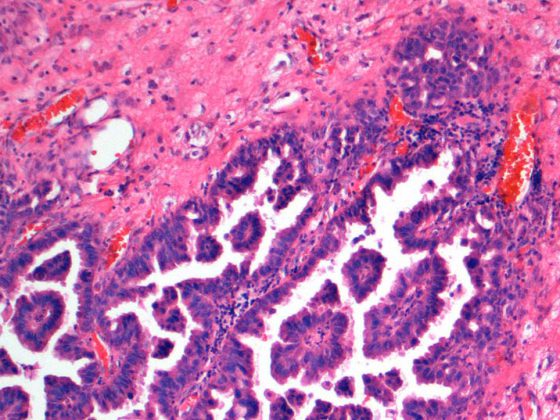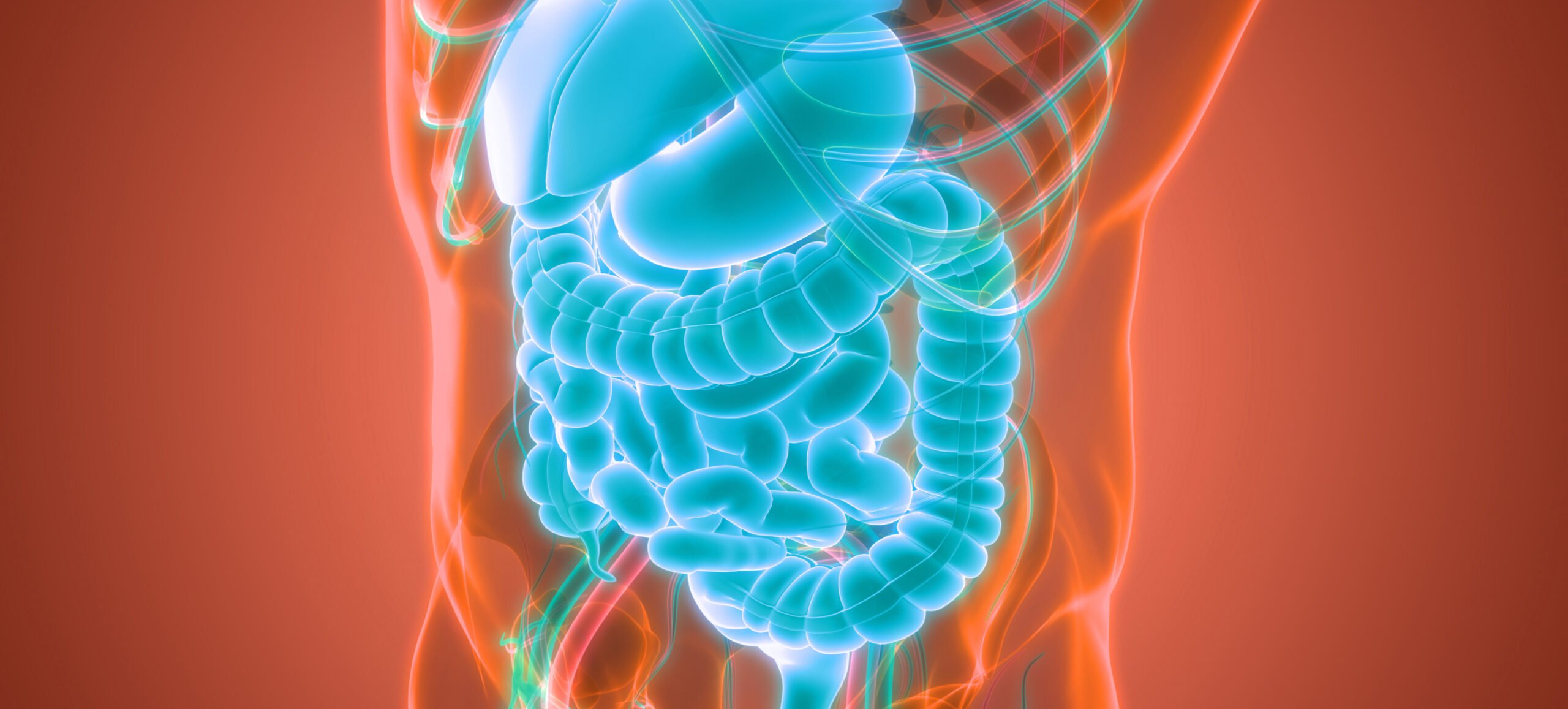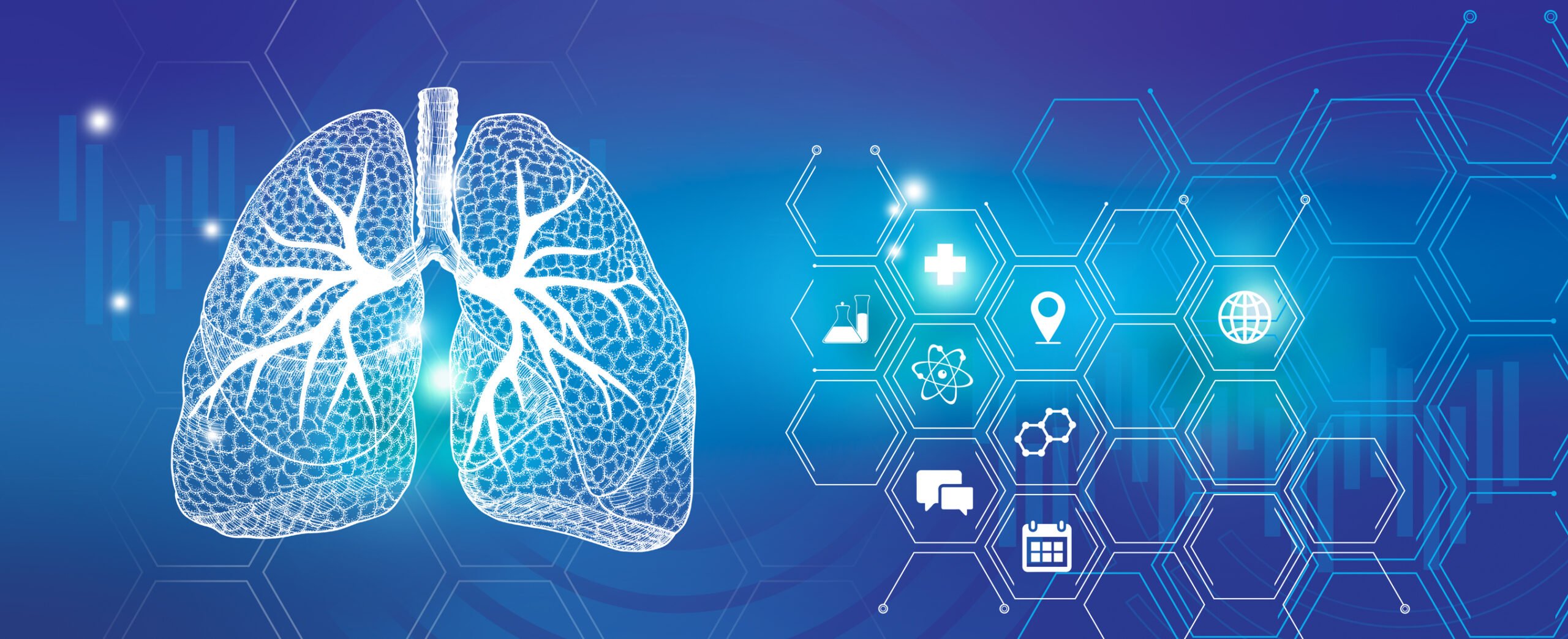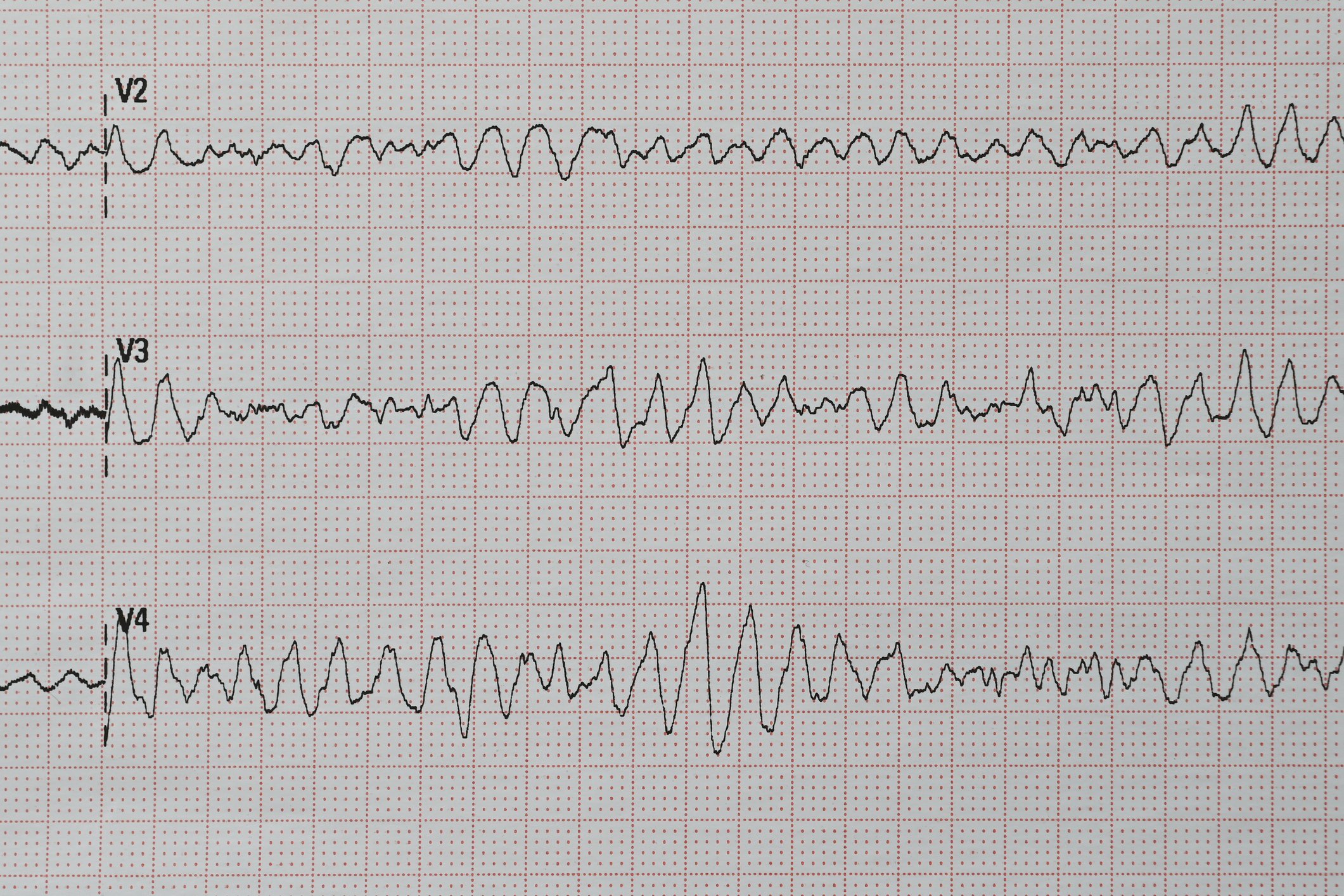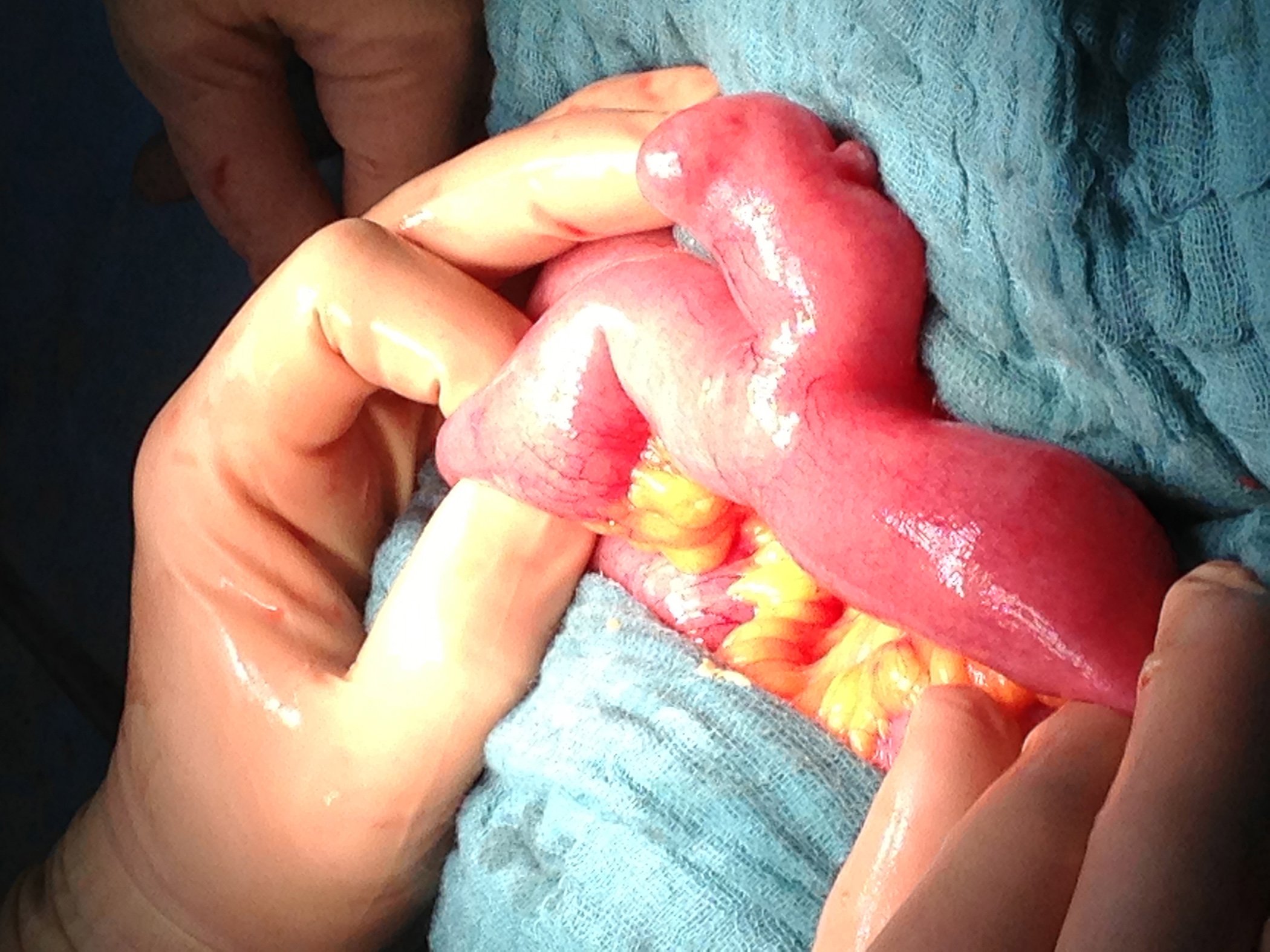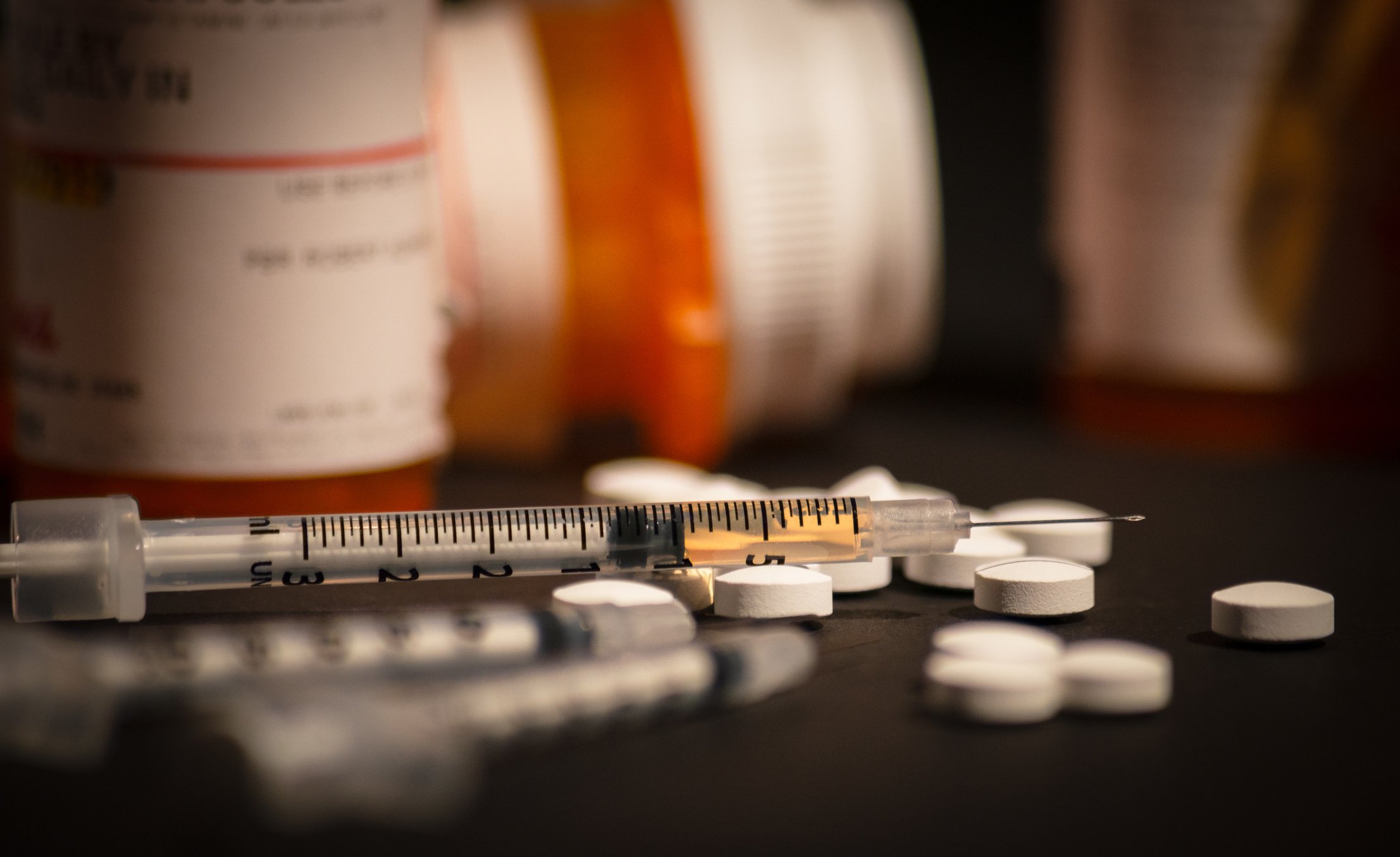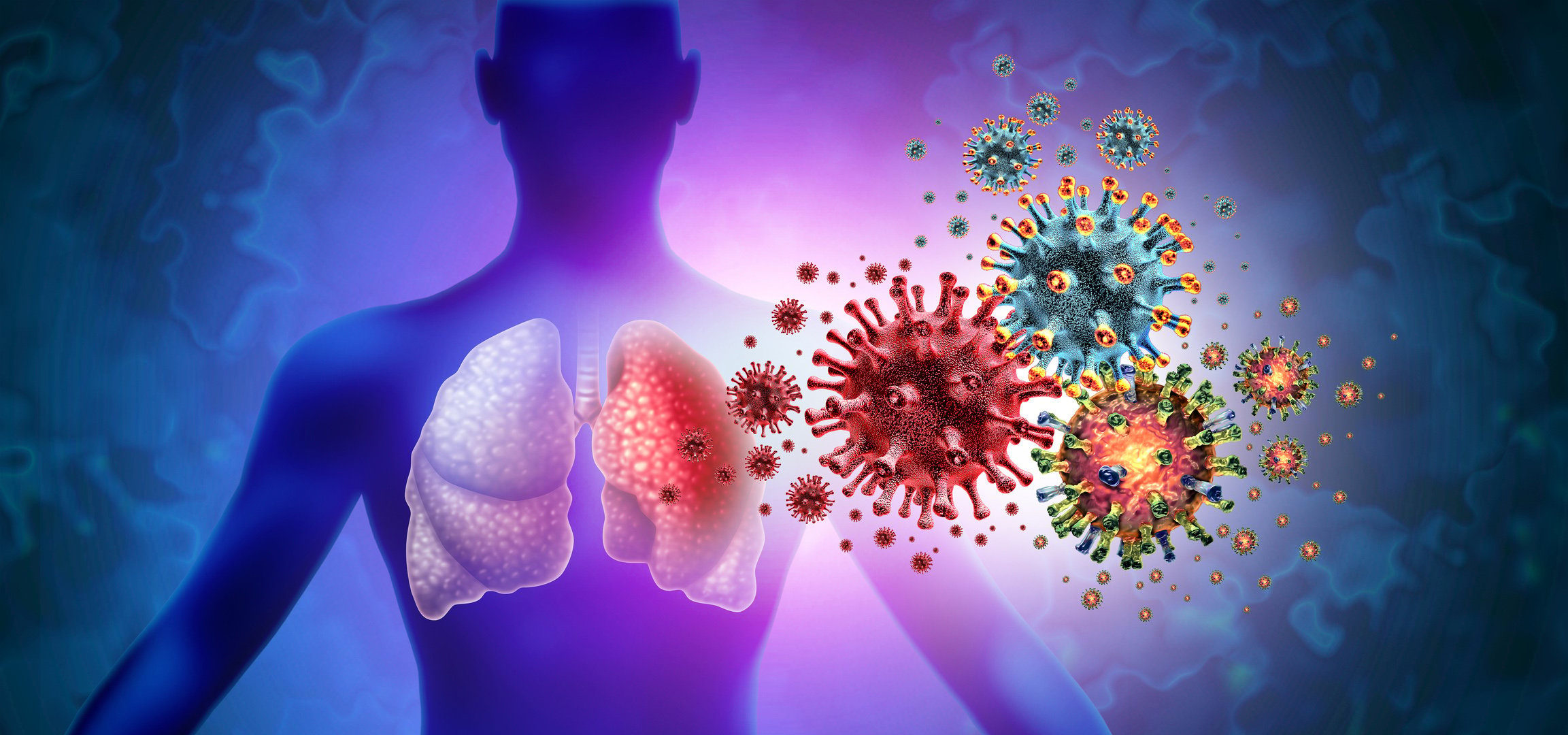The present review represents an analysis of four studies published between 2007 and 2012 that investigated the efficacy of the Ginkgo biloba extract EGb 761 in patients with age-related dementia associated with neuropsychiatric symptoms versus placebo and, in one case, versus the cholinesterase inhibitor donepezil or the combination of EGb 761 plus donepezil.
Thanks to its neuroprotective properties, the standardized extract EGb 761 obtained from leaves of the tree Ginkgo biloba is effective against various pathomechanisms of dementia [1]. For example, it improves mitochondrial functions [2,3], capillary blood flow [4] and neurogenesis at risk in the hippocampus [5,6], among others.
The efficacy of EGb 761 in both Alzheimer’s type dementia (AD) and vascular dementia (VaD) and mixed forms has been documented with several double-blind randomized controlled clinical trials. Recent studies and meta-analyses have demonstrated efficacy in cognitive function and activities of daily living. This reduced caregiver burden, although improvements were moderate and heterogeneous, as is the case with other anti-dementia agents [7–9].
Certain studies indicate that EGb 761 improves not only cognitive functions but also neuropsychiatric symptoms, and that patients with problems in daily living activities respond better to therapy than those suffering exclusively from cognitive disorders [10,11].
As a daily dose, 240 mg was shown to be more effective than 120 mg [8]. EGb 761 proved to be very well tolerated, and ADRs were comparable in number and severity to placebo [7–9,12]. Although there were also studies with a negative result [12], the treatment of dementia with EGb 761 was included in the guidelines of the World Federation of Societies of Biological Psychiatry (WFSBP).
To examine whether more recent studies confirm this recommendation, four recent studies of elderly patients with Alzheimer-type dementia, vascular dementia, or mixed-form dementia who also had neuropsychiatric symptoms and had problems with activities of daily living were reviewed.
Method
The four studies were published between 2007 and 2012. Table 1 provides information on the number of subjects, diagnosis, duration of the study, treatment, and primary and secondary outcome variables.
The studies show a consistent picture in terms of duration, inclusion criteria, treatment, and evaluation. Three studies evaluated the efficacy of EGb 761 versus placebo, and one study was conducted as a three-arm comparative study comparing the efficacy of EGb 761 with donepezil and with EGb 761 plus donepezil. In the four studies, subjects did not differ significantly with respect to demographic criteria or baseline values of the parameters collected.
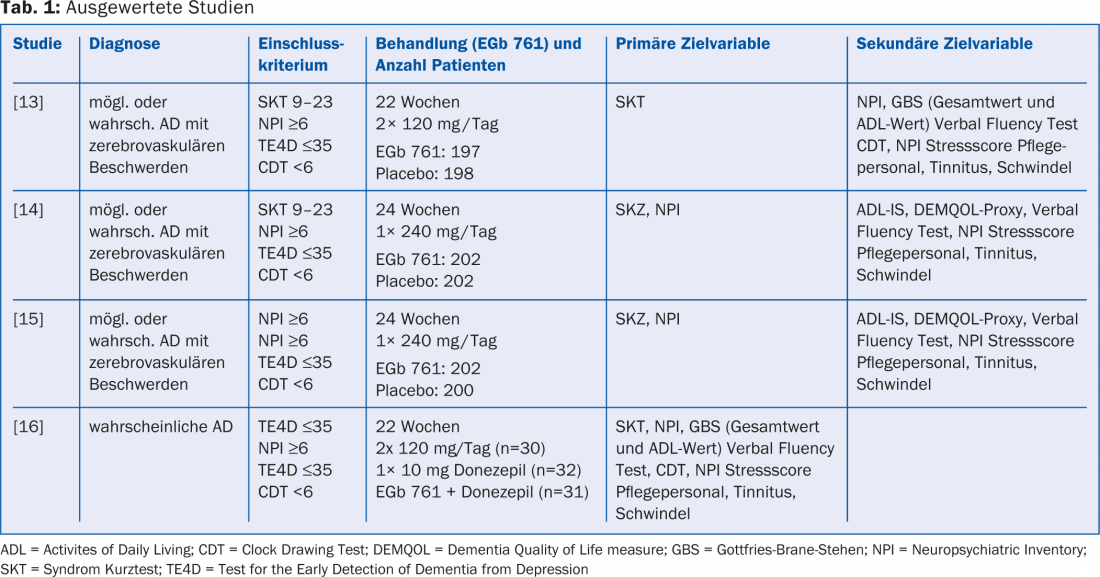
Results
All values collected were statistically analyzed.In the three studies EGb 761 vs. placebo, significant improvement was found for the Ginkgo biloba groups with respect to both cognitive impairment (SKT) and neuropsychiatric problems (NPI) compared to placebo. This was evident both in terms of absolute improvement and in terms of the number of patients in whom the improvement was at least three points for the SKT and at least four points for the NPI.
Secondary outcome variables, except for tinnitus in the study by Herrschaft et al. [15], consistently significant improvements were found for the verum groups for EGb 761, especially also for activities of daily living (ADL). In the three-arm comparative study of EGb 761 versus donepezil or EGb 761 plus donepezil, SKT, NPI, and NPI nurses showed a slight superiority of donepezil over EGb 761 in terms of improvement in measures, whereas in terms of the other parameters collected, EGb 761 showed greater improvement than donepezil. The combination of Ginkgo biloba with the cholinesterase inhibitor proved superior to the two single substances in all parameters. However, none of these values in the three-arm study showed significance.
Discussion
The results evaluated in these four studies confirm the findings of previous studies. Ginkgo biloba extract EGb 761 improves cognitive function and neuropsychiatric symptoms in patients with related conditions. With respect to everyday tasks, previous studies have not shown superiority of EGb 761. The present study also confirmed improvement in daily living activities in patients with cognitive impairment and neuropsychiatric problems. A significant improvement was also observed in the accompanying symptoms of tinnitus and dizziness with EGb 761.
Because approximately 80% of all patients with dementia also have neuropsychiatric problems [17], the present studies are more practically designed than many other studies.
Conclusion
The present study shows that daily administration of 240 mg of the herbal extract EGb 761 improves cognitive and neuropsychiatric symptoms in patients with age-related dementia in a manner comparable to cholinesterase inhibitors and also leads to improvement in daily activities. Therefore, EGb 761 is suitable for the treatment of corresponding patients.
Source: Ihl R: Effects of Ginkgo biloba extract EGb 761® in dementia with neuropsychiatric features; review of recently completed randomised, controlled trials. Int J Psychiatriy Clin Pract 2013; Early Online: DOI:10:3109/13651501.2013.814796.
Literature:
- Ramassamy C, Longpre F, Christen Y: Ginkgo biloba extract (EGb 761) in Alzheimer’s disease: is there any evidence? Curr Alzheimer Res 2007; 4: 253-262.
- Abdel-Kader R, et al: Stabilization of mitochondrial function by Ginkgo biloba extract (EGb 761). Pharmacol Res 2007; 56: 493-502.
- Eckert A, et al: Effects of EGb 761 Ginkgo biloba extract on mitochondrial function and oxidative stress. Pharmacopsychiatry 2003; 36: S15-S23.
- Költringer P, Langsteger W, Eber O: Dosedependent hemorheological effects and microcirulatory modifications following intravenous administration of Ginkgo biloba special extract EGb 761. Clin Hemorheol 1995; 15: 649-656.
- Bastianetto S, Zheng WH, Quirion R: The Ginkgo biloba extract (EGb 761) protects and rescues hippocampal cells against nitric oxide-induced toxicity: involvement of its flavonoid constituents and protein kinase C. J Neurochem 2000; 74: 2268-2277.
- Tchantchou F, et al: EGb 761 enhances adult hippocampal neurogenesis and phosphorylation of CREB in transgenic mouse model of Alzheimer’s disease. FASEB J 2000: 21: 2400-2408.
- Ernst E, Pittler MH: Ginkgo biloba for vascular dementia and Alzheimer’s disease: updated systematic review of double-blind, placebo-controlled, randomized trials. Perfusion 2005; 18: 388-392.
- Janssen IM, et al: Ginkgo biloba in Alzheimer’s disease: a systematic review. Wien Med Wochenschr 2010; 160: 539-546.
- Weinmann S, et al: Effects of Ginkgo biloba in dementia: systematic review and meta-analysis. BMC Geriatr 2010; 10: 14.
- Hoerr R: Behavioural and psychological symptoms of dementia (BPSD): effects of EGb 761. Pharmacopsychiatry 2003; 36: S56-S61.
- Schneider LS, et al: A randomized, double-blind, placebo-controlled trial of two doses of Ginkgo biloba extract in dementia of the Alzheimer’s type. Curr Alzheimer Res 2005; 2: 541-551.
- Birks J, Grimley Evans J: Ginkgo biloba for cognitive impairment and dementia. Cochrane Database Syst Rev 2009; (1): CD003120.
- Napryeyenko O, Borzenko I: Ginkgo bilobaspecial extract in dementia with neuropsychiatric features. A randomised, placebo-controlled, double-blind clinical trial. Drug Research 2007; 57: 4-11.
- Ihl R, et al: Efficacy and safety of a once-daily formulation of Ginkgo biloba extract EGb 761 in dementia with neuropsychiatric features: a randomized controlled trial. Int J Geriatr Psychiatry 2010; 26: 1186-1194.
- Herrschaft H, et al: Ginkgo biloba extract EGb 761® in dementia with neuropsychiatric features: a randomised, placebo-controlled trial to confirm the efficacy and safety of a daily dose of 240 mg. J Psychiatr Res 2012; 46: 716-723.
- Yancheva S, et al: Ginkgo biloba extract EGb 761®, donepezil or both combined in the treatment of Alzheimer’s disease with neuropsychiatric features: a randomised, double-blind, exploratory trial. Aging Ment Health 2009; 13: 183-190.
- Steinberg M, et al: Point and 5-year period prevalence of neuropsychiatric symptoms in dementia: the Cache County Study. Int J Geriatr Psychiatry 2008; 23: 170-177.
HAUSARZT PRAXIS 2014; 9(10): 7-8


